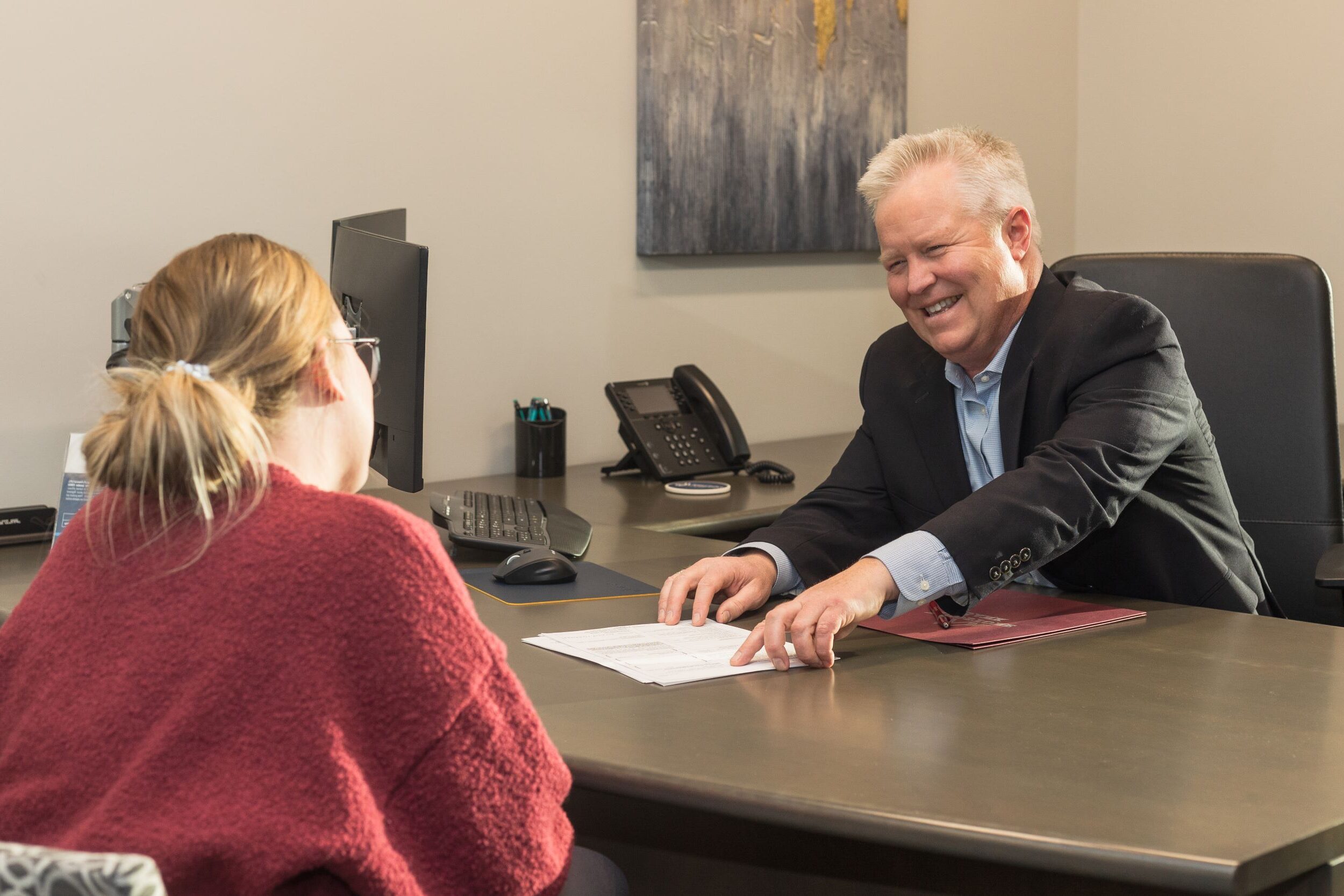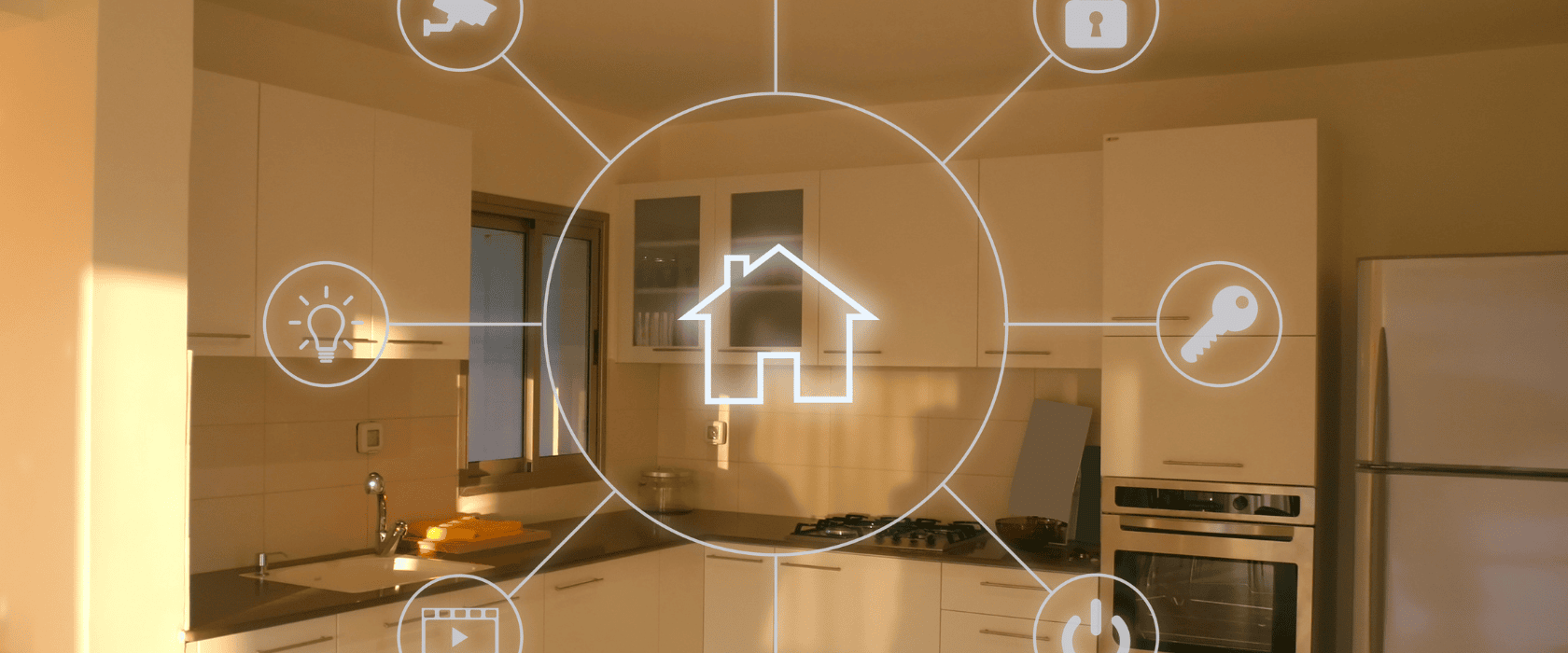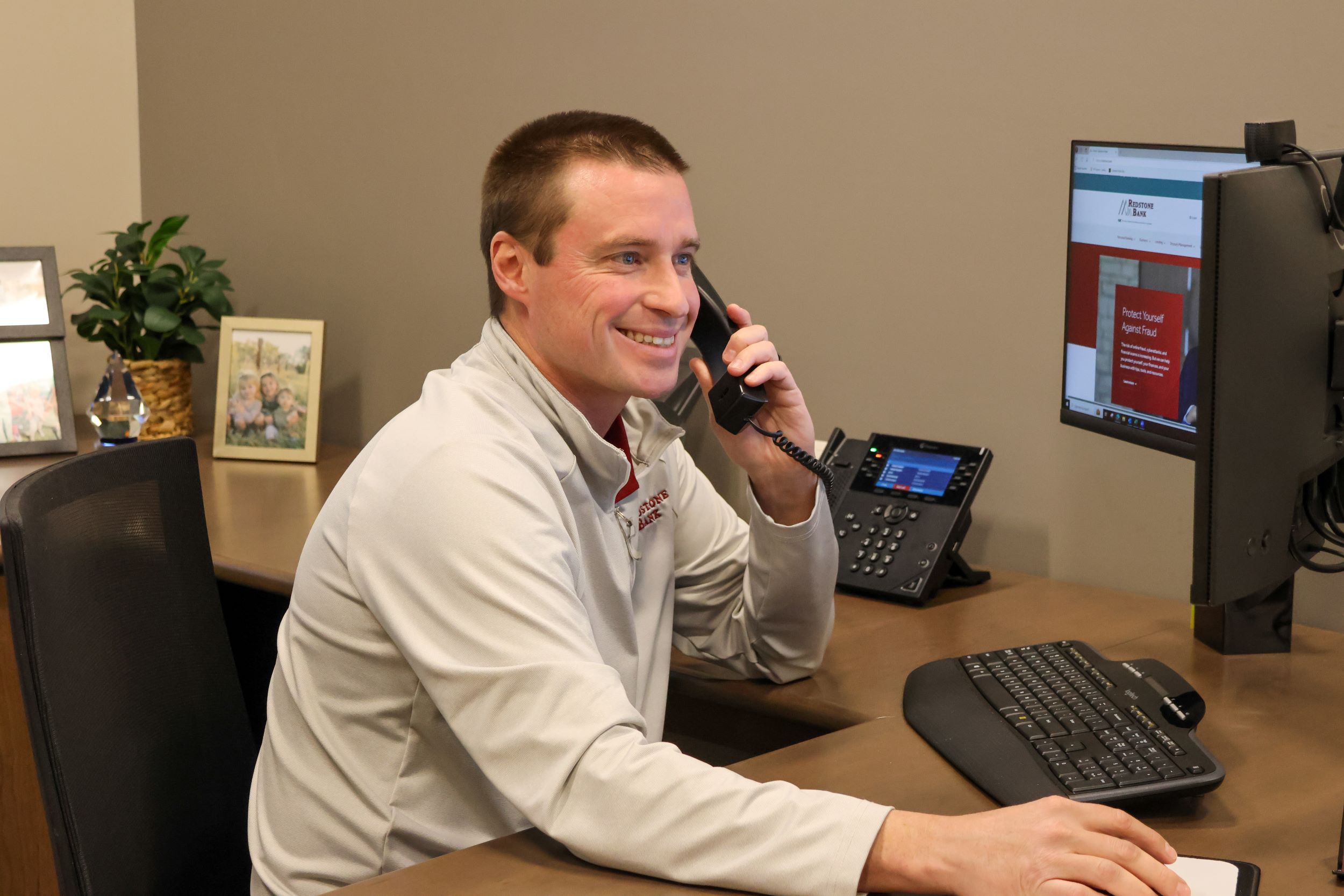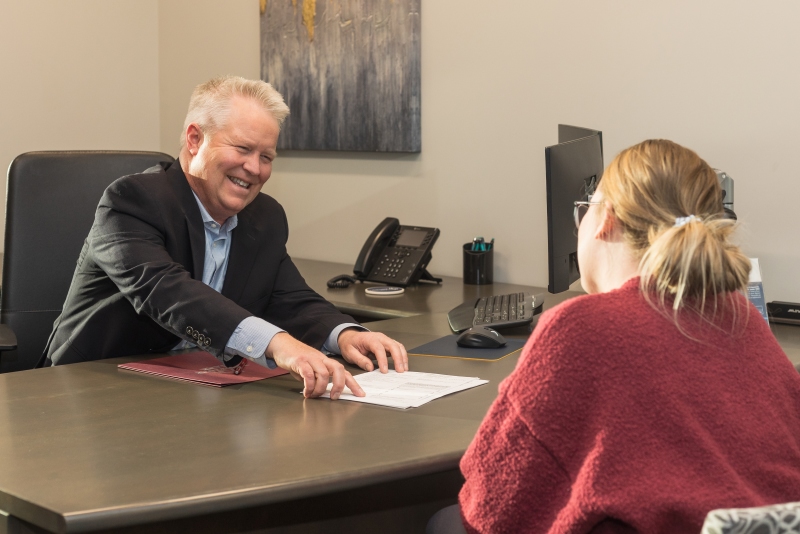
First-Time Homebuyers
Buying Your First Home
Navigate first-time homebuying with research, guidance, and patience when you’re working with Redstone Bank. Turn intimidation into confidence and secure your dream home today!
Your trusted partner
Unlock your homeownership dream with Redstone Bank. Our tailored mortgage solutions offer competitive rates, expert guidance, and a seamless experience for first-time homebuyers. Trust Redstone Bank for your journey to a new home.
If you’re one of the many first-time homebuyers, then you have more than a few questions. And you’ve got us here to help you and walk you through the whole process. Our team is ready to help you get started.


What can you afford?
Our calculator figures out your monthly mortgage payment based on the principle borrowed, loan length, and annual interest rate.
First-Time Homebuyers Checklist
Be sure to gather these items that will be requested from you at some point during the application and homebuying process. Gathering them ahead of time will ensure a smoother and quicker application process.
-
Employment history including name, address, and phone number for every employer you have worked for during the last two years.
-
Income information – most recent pay stubs for past 30 days and W2s and signed income tax returns for the past two years.
-
Government issued ID like a driver’s license and basic information like name, current address, and phone number
-
Copies of social security, pension, and/or retirement aware letters and corresponding 1099s
-
If you own a business, last two years of business tax returns
-
Documentation for real estate currently owned, if any
-
60 days of bank statements for checking and savings accounts
-
60 days of statements for investment and retirement accounts
-
Previous addresses for the past two years
-
Date of birth and years of school completed
-
Social Security Numbers for all applicants
-
Number and age of dependents
-
Bankruptcy and discharge paperwork (if applicable)
-
Purchase contract accepted and signed by you and the seller
-
Appraisal showing a value of at least the purchase price (your lender will order)
-
Name and contact information for the homeowner’s insurance agent you will use
-
Home inspection report may not be required but is recommended
-
General knowledge of your current credit card, student loan, auto loan, and other credit accounts.

Free Online Homebuyer Education Class
Unlock your path to homeownership with a FREE online homebuyer education class. Gain essential knowledge and confidence for a successful homebuying journey today!
Get started & apply now
Frequently Asked Questions
How much home can I afford to purchase?
Determining how much home you can afford as a first-time homebuyer involves several factors, including your income, expenses, down payment, credit score, and current interest rates.
Should I get pre-qualified for a mortgage before I shop for a home?
Yes, getting pre-qualified for a mortgage is highly recommended before shopping for a home. It helps you understand how much you can afford, streamlines the homebuying process, and gives you a competitive advantage in a competitive real estate market by demonstrating your seriousness to sellers.
Are there any special programs for first-time homebuyers?
Yes, there are special programs for first-time homebuyers that offer financial assistance and benefits. These programs vary by location but often include down payment assistance, low-interest loans, and grants to help with closing costs. It’s essential for first-time homebuyers to research and inquire with local housing agencies or lenders to explore the specific programs available in their area.
How can I lock in my interest rate?
You can lock in your interest rate by working with your mortgage lender. Once you’ve found a suitable loan and have reached an agreement on the interest rate, you can request to lock that rate. Typically, lenders offer rate locks for a specific period, such as 30 or 60 days, during which your interest rate won’t change even if market rates fluctuate. Be sure to get the rate lock agreement in writing to ensure you have documentation of the agreed-upon rate and duration.
How much cash will I need for closing costs?
The amount of cash you’ll need for closing costs can vary depending on factors like the purchase price of the home and your location. As a general guideline, closing costs typically range from 2% to 5% of the home’s purchase price. For example, if you’re buying a $200,000 home, you might need between $4,000 and $10,000 in cash for closing costs. It’s essential to discuss these costs with your lender and receive a detailed estimate during the homebuying process, so you’re well-prepared.
Related Resources
All resources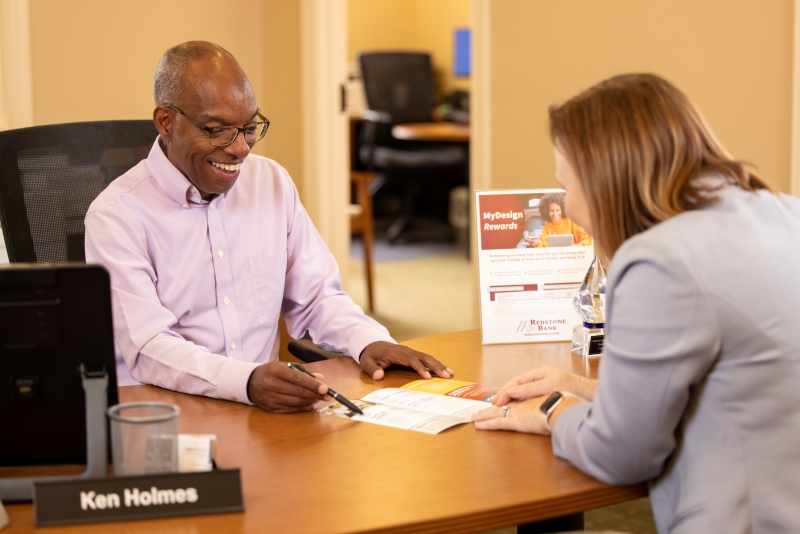
Personal Savings & CDs
Our savings accounts offer secure deposits, competitive interest rates, and easy online management, empowering you to save for goals confidently. Whether you’re saving for a rainy day or a dream vacation, start maximizing your funds with convenience and peace of mind today.
Learn more
Personal Checking
Manage your money your way. Our checking accounts provide the flexibility to meet your lifestyle and financial needs, letting you manage your money more effectively.
Learn more
